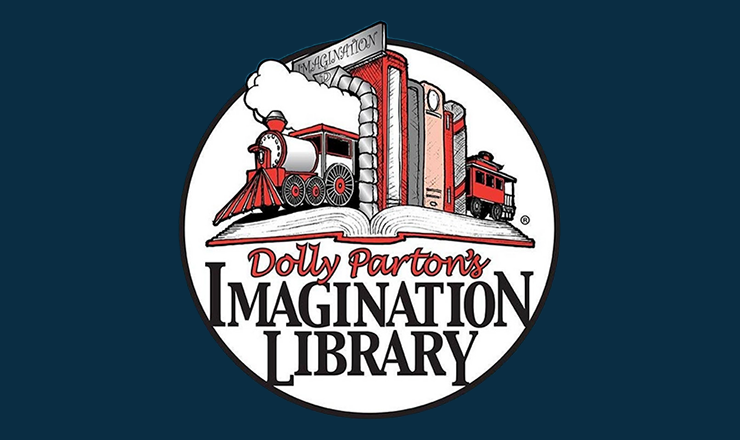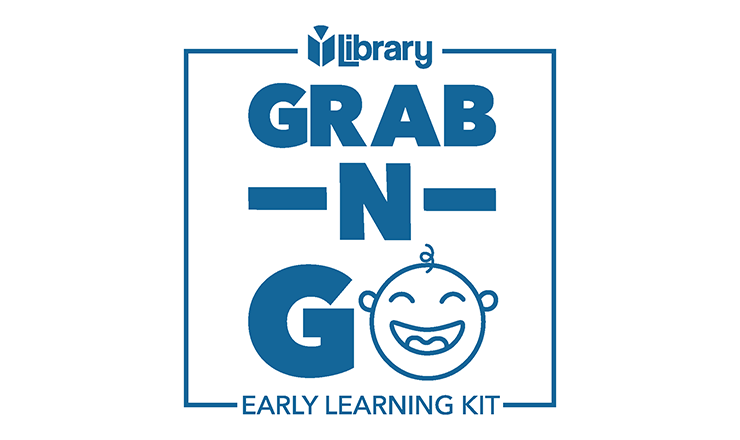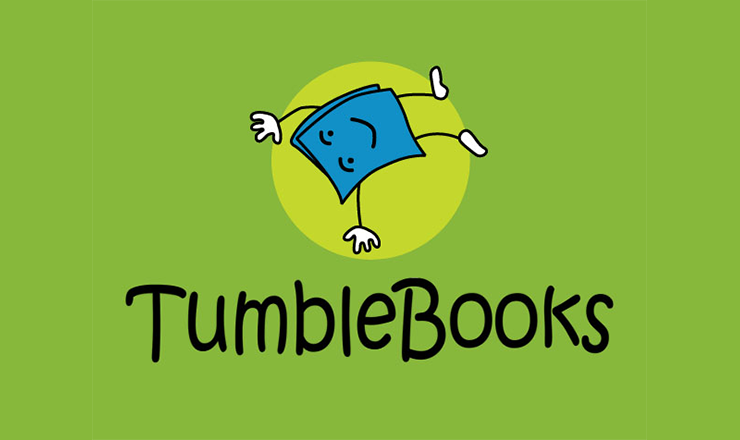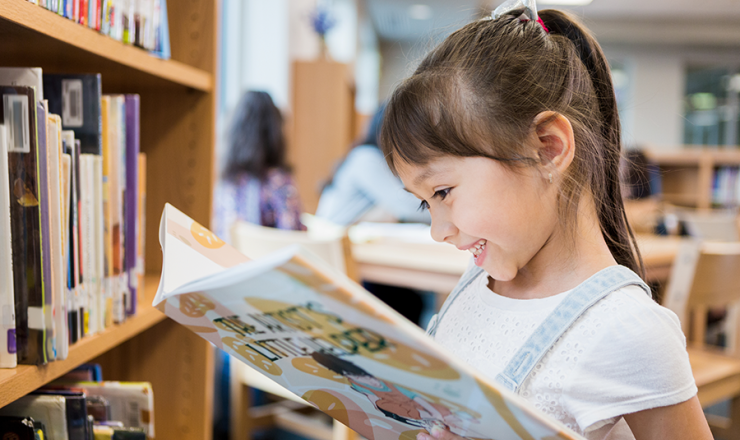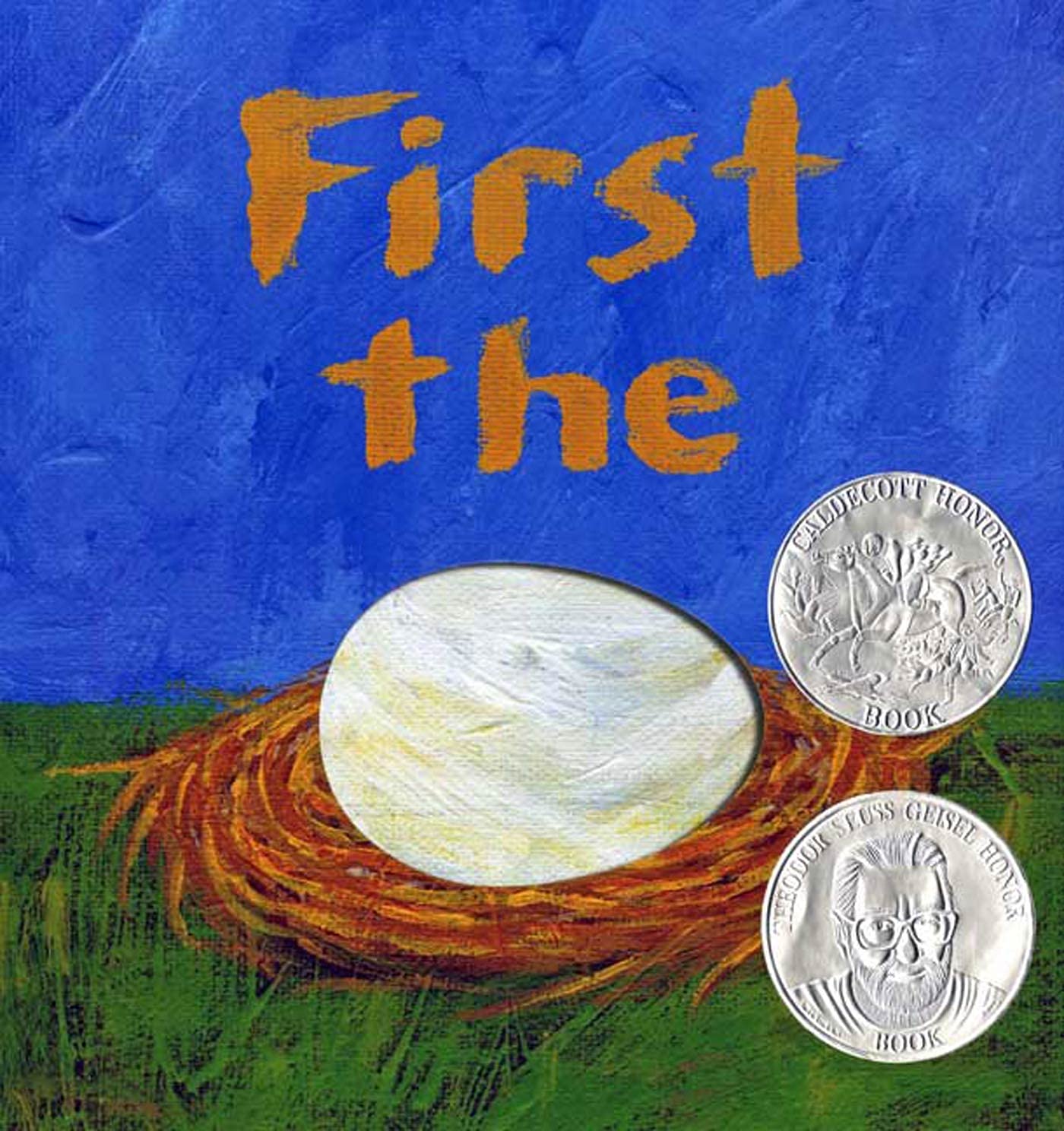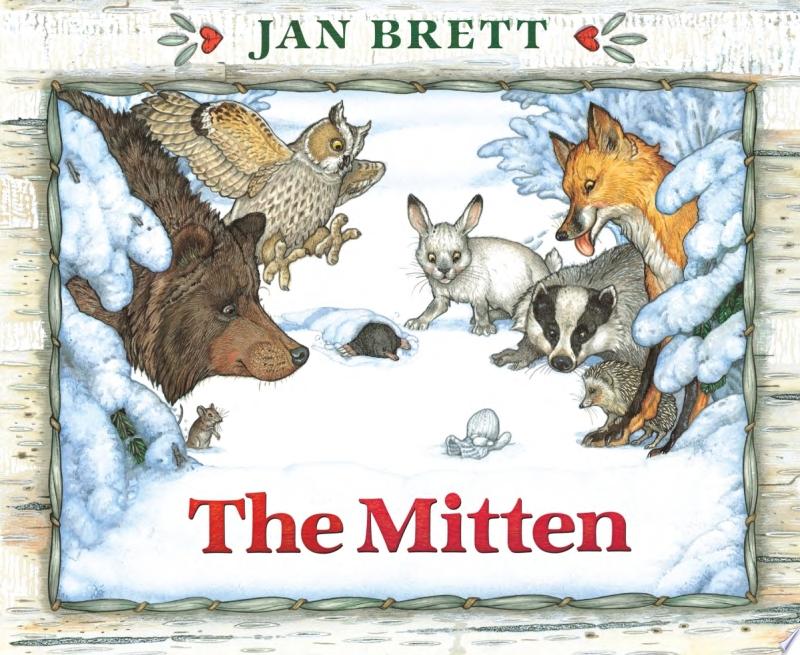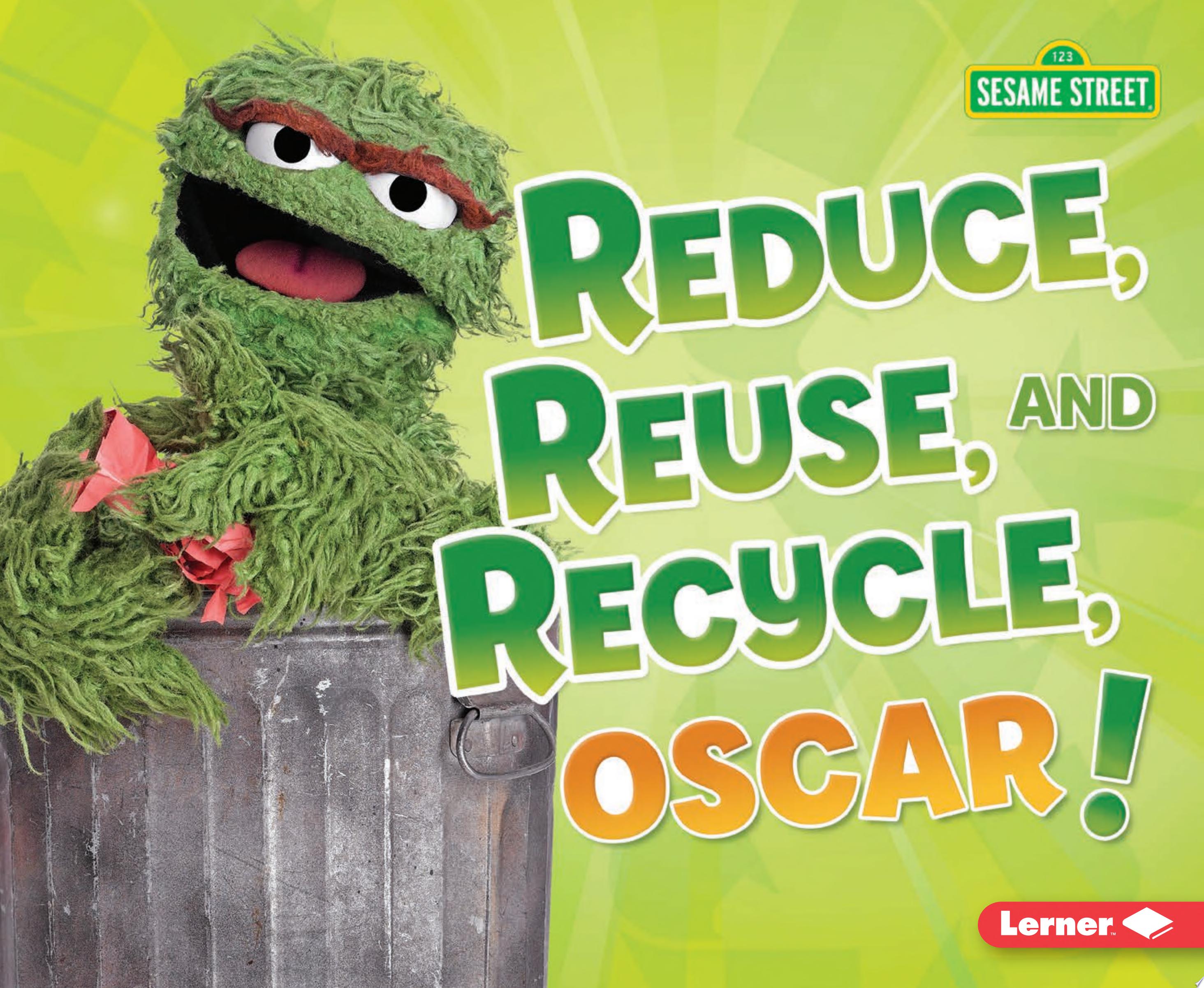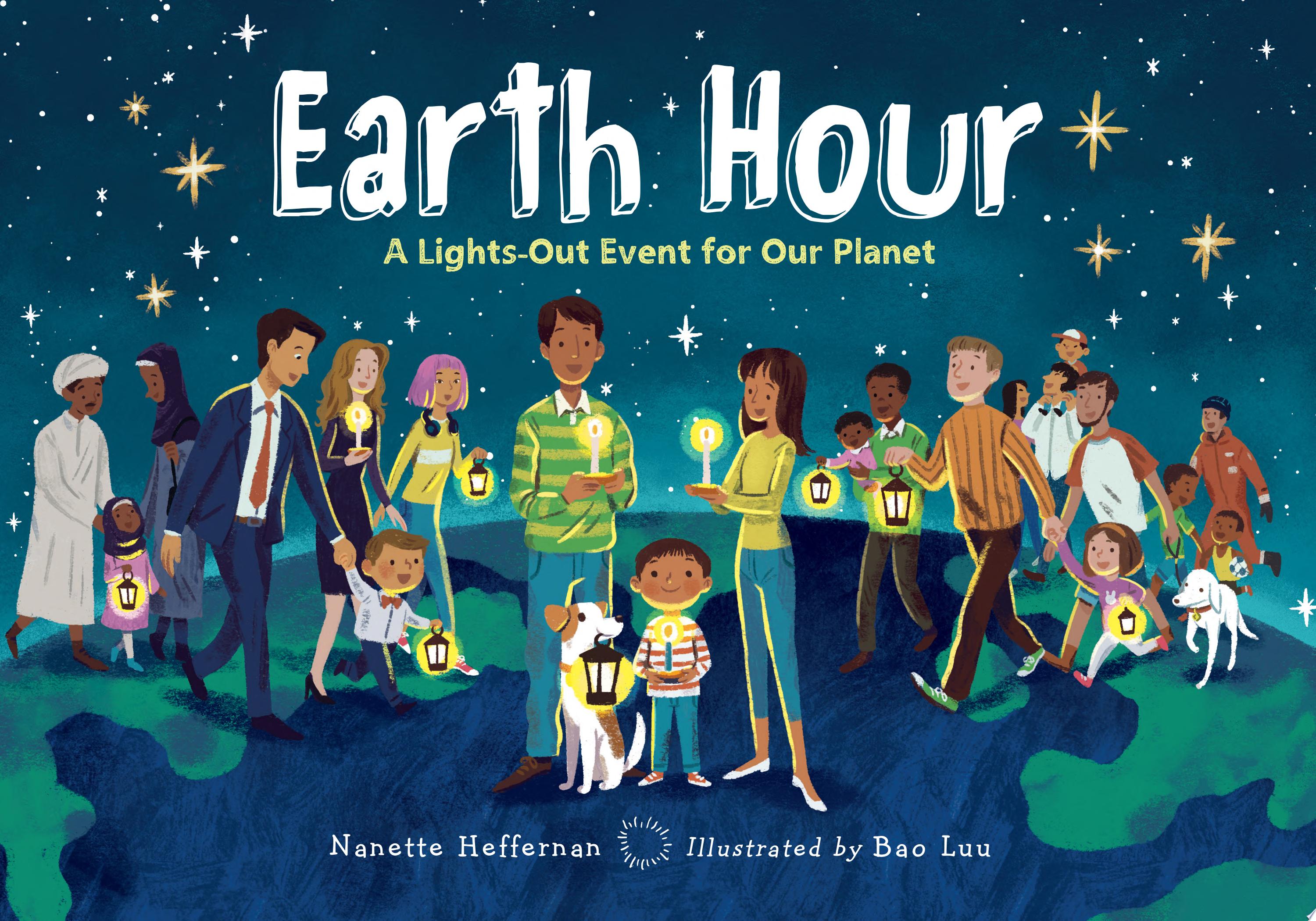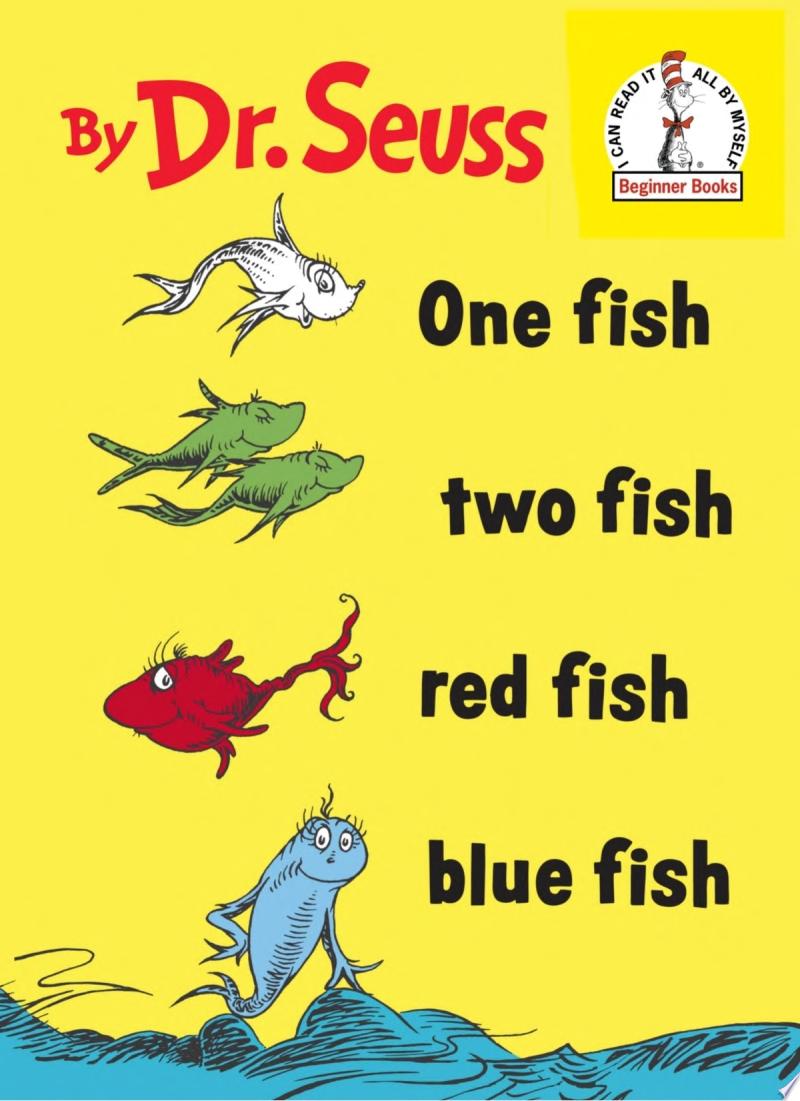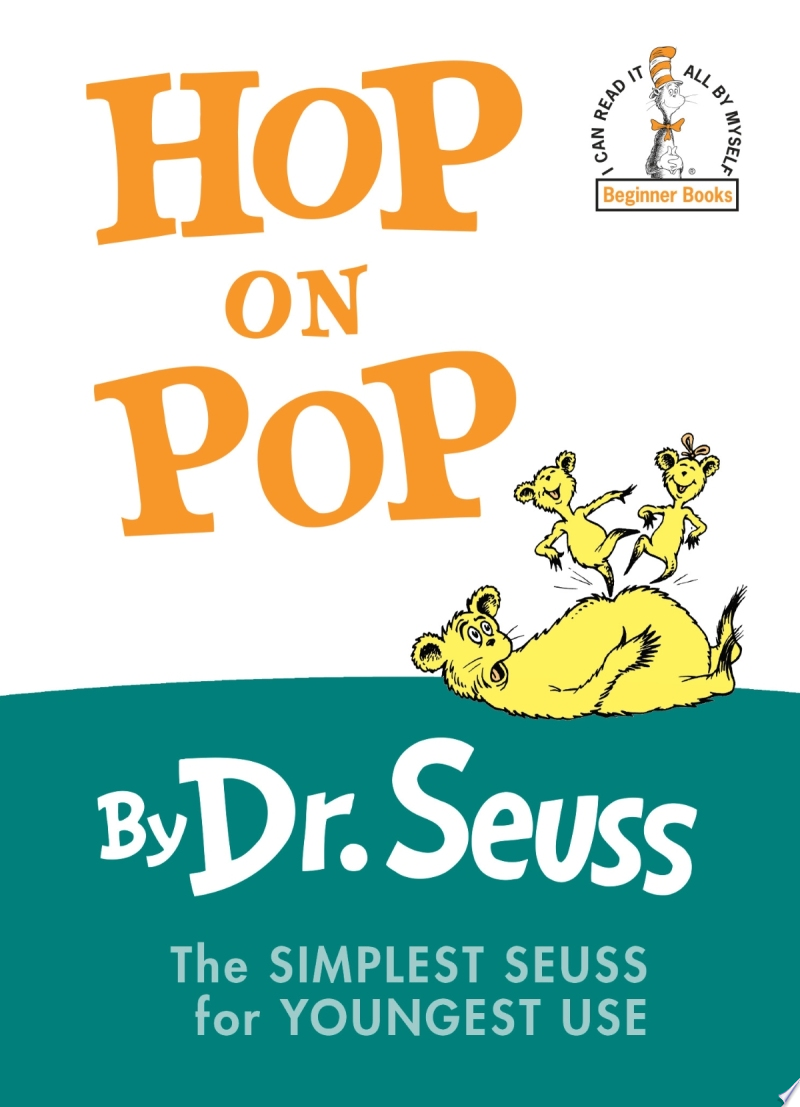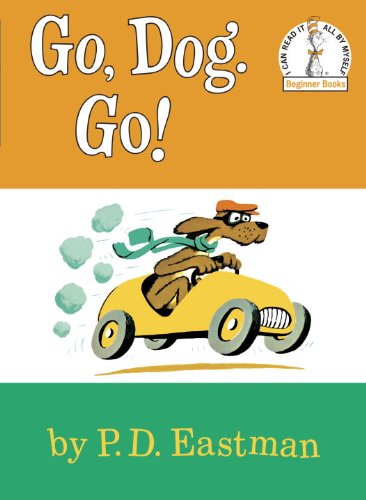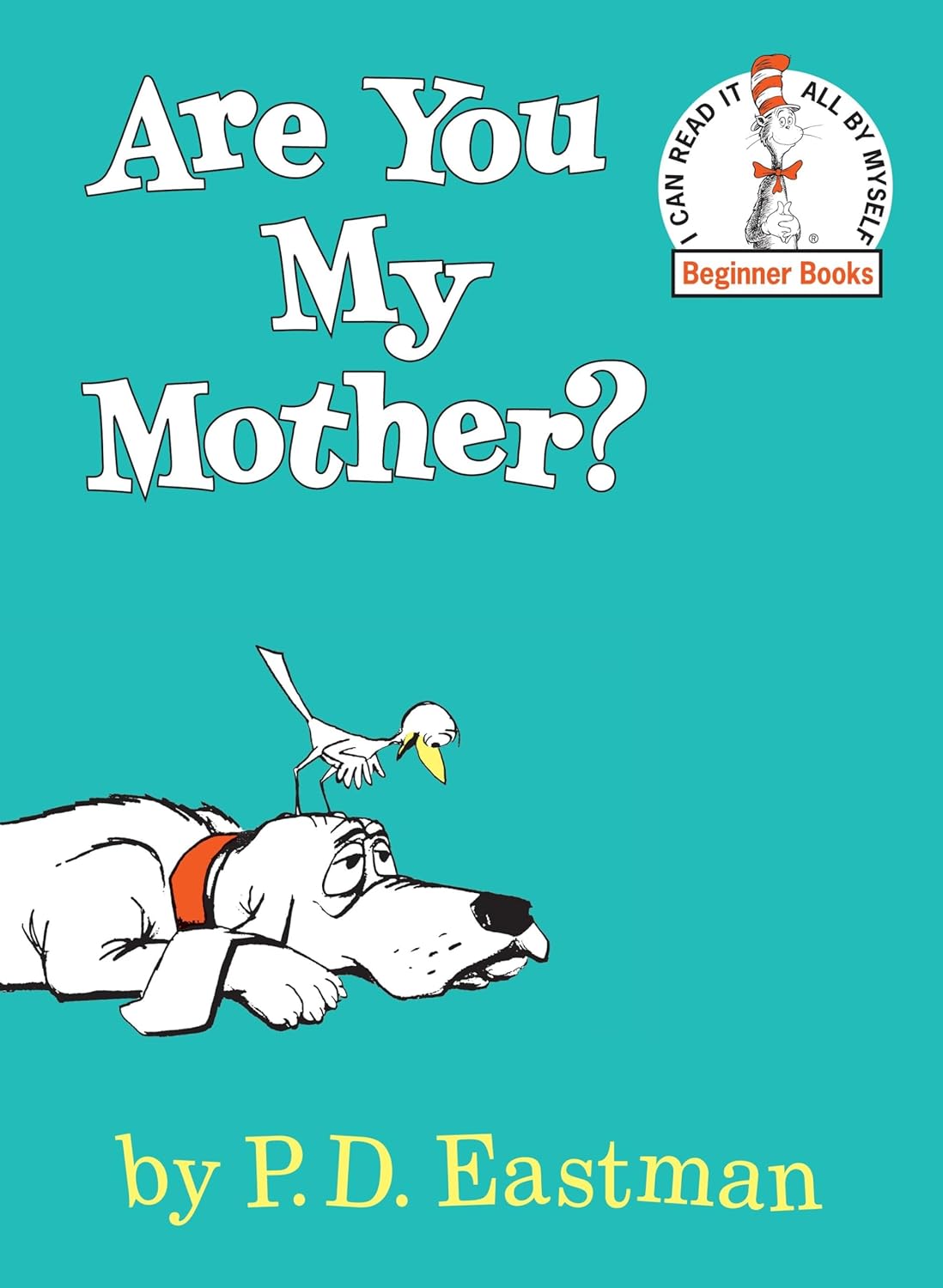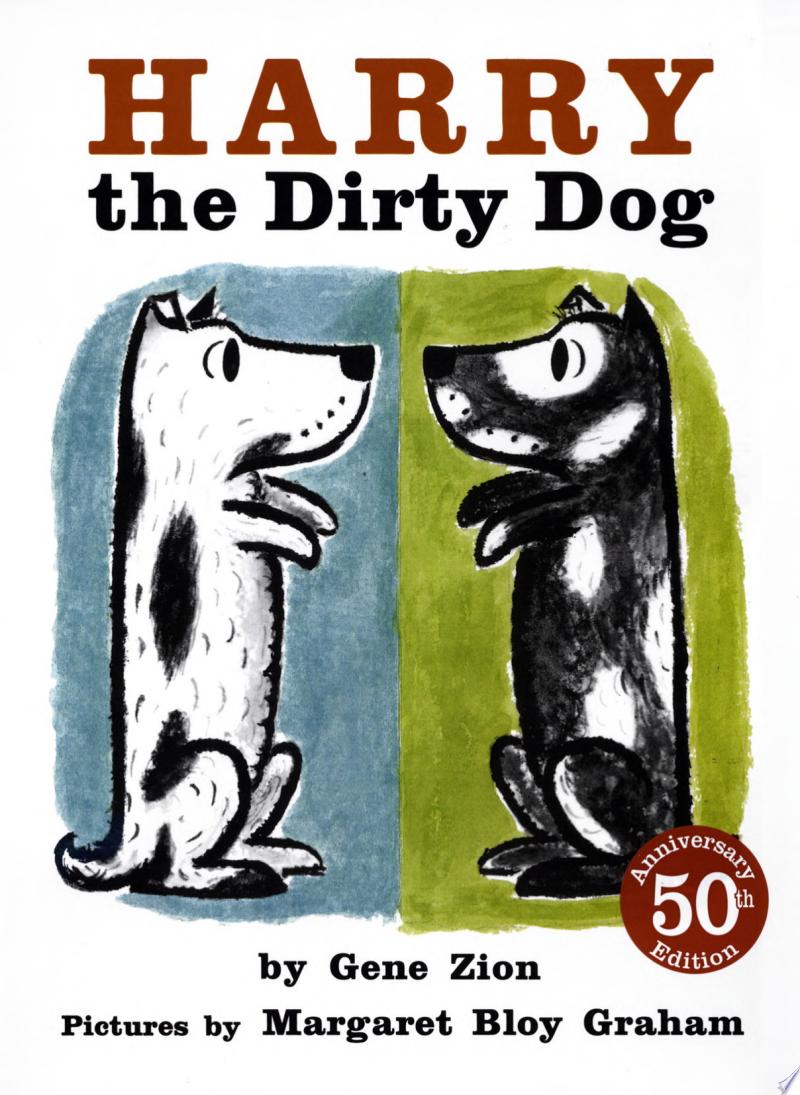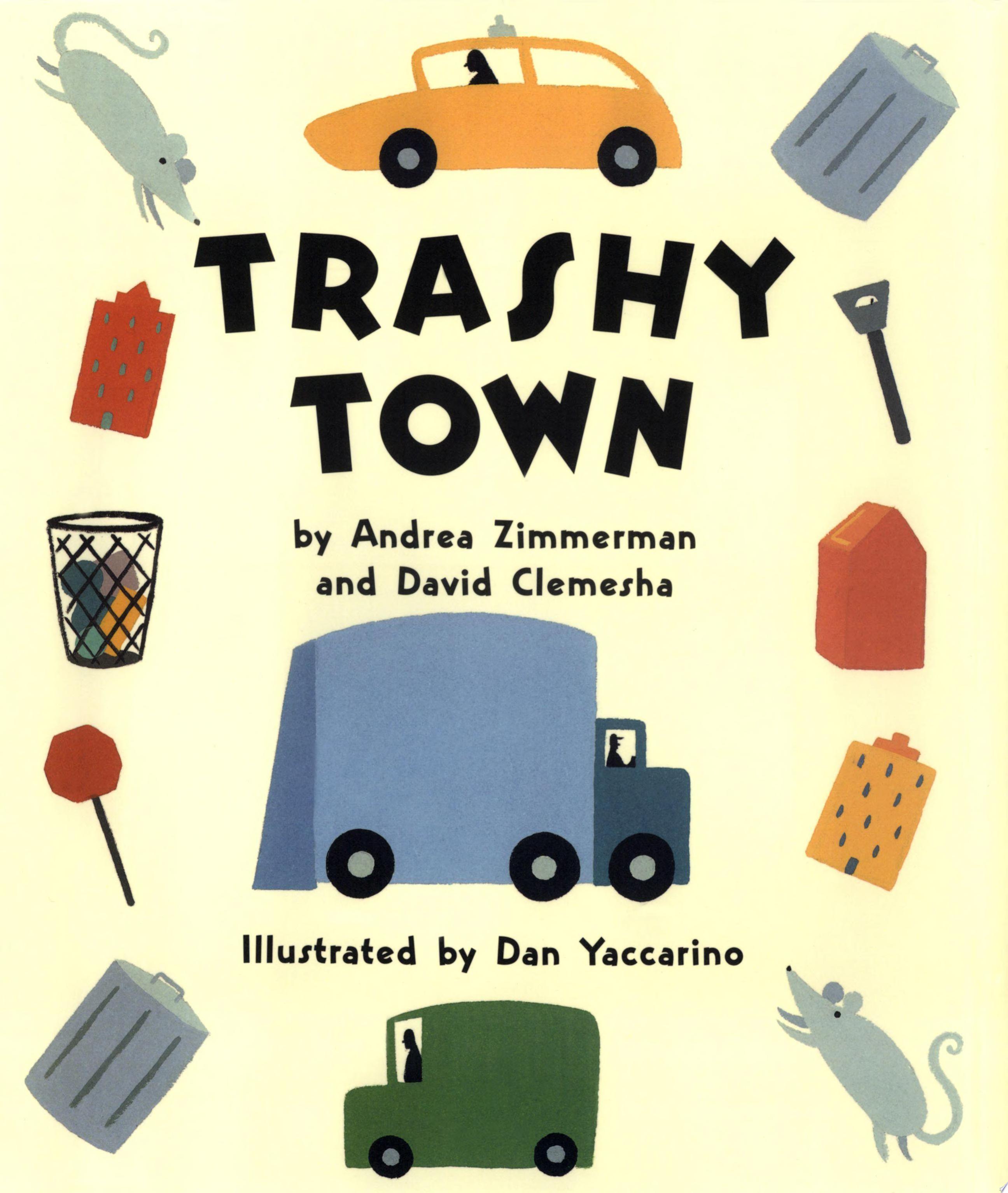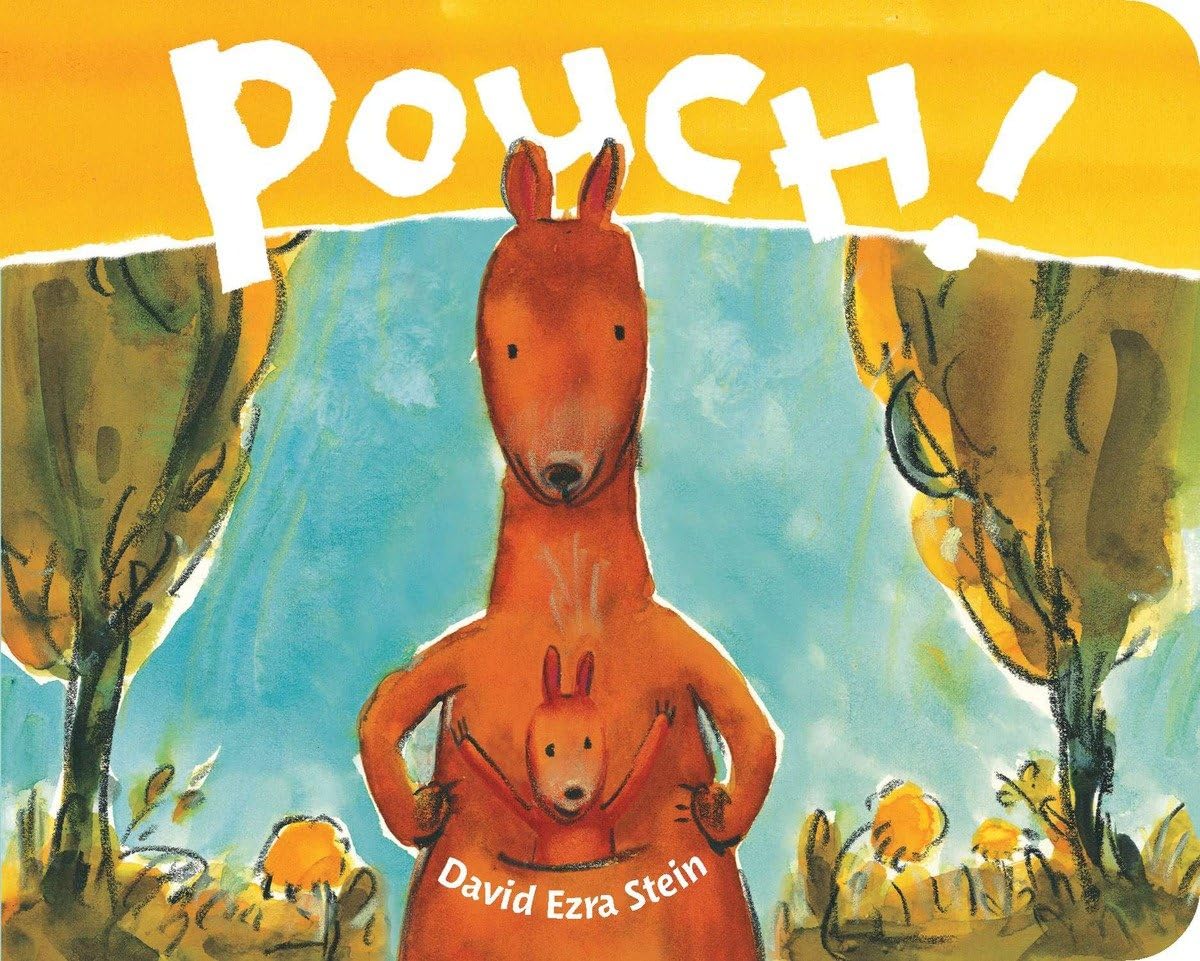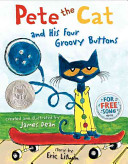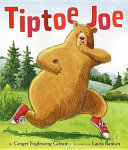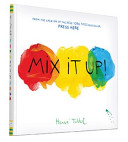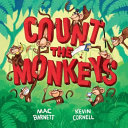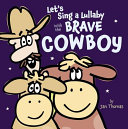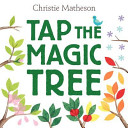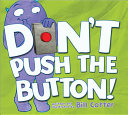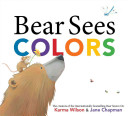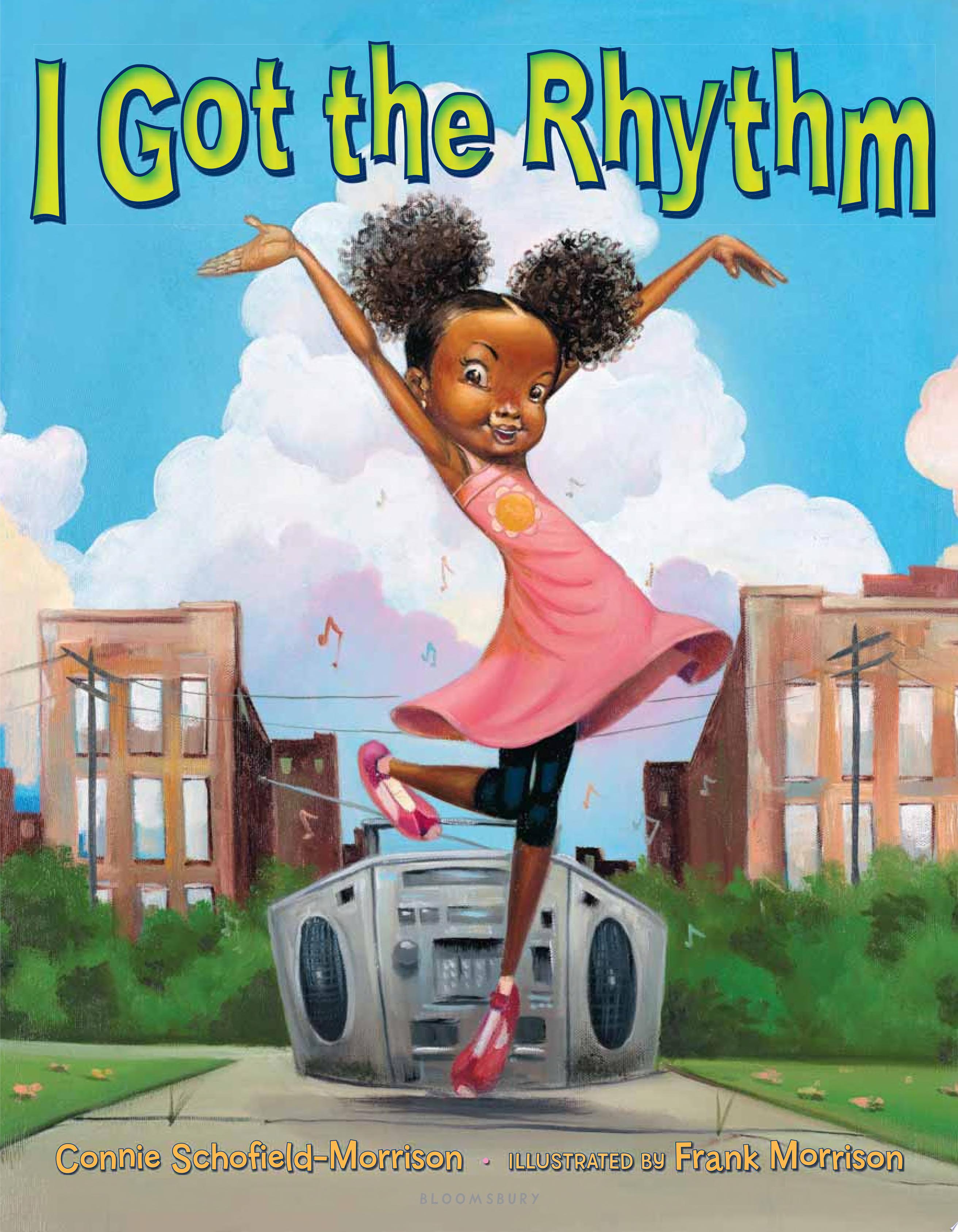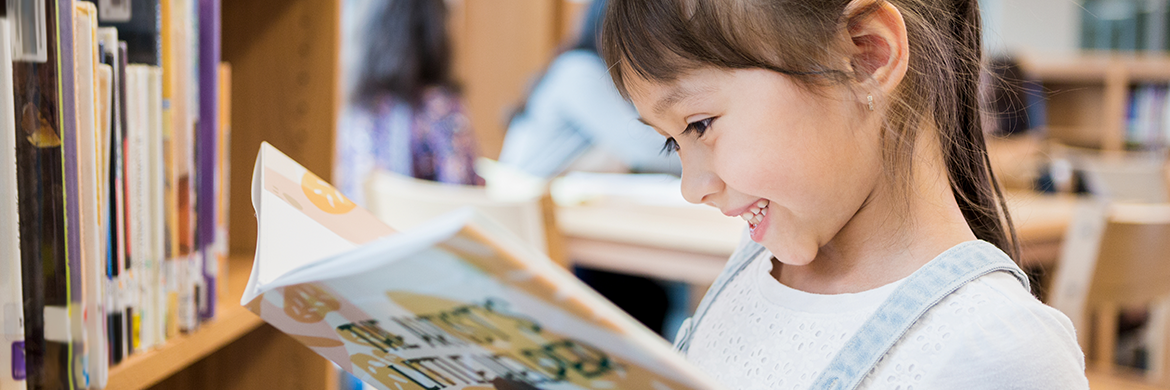
Upcoming Events
Baby Storytime G
Babies (up to 24 months) and a caregiver, join us for storytime fun that combines songs, rhymes, and stories.
Toddler Storytime G
Kids (ages 2-3 1/2 with a caregiver), join us for stories, music, crafts, and lots of fun!
Preschool Storytime G
Kids ages 3 1/2-6, join us for crafts, stories, playtime, and songs!
Baby Storytime NP
Babies (up to 24 months) and a caregiver, join us for Storytime fun that combines songs, rhymes, and stories. When babies are read and sang to, they experience the rhythm and melody of language even before they understand the spoken or
Baby Storytime G
Babies (up to 24 months) and a caregiver, join us for storytime fun that combines songs, rhymes, and stories.
Family Storytime G
Families with kids (ages 2-6), join us for stories, music, activities, and lots of fun!
Participants will be admitted on a first-come/first-served basis as room allows. Upon arrival, please claim a green lanyard for each child attending.
Help your child get ready to read.
It’s never too early or too late to help your child develop language and other early literacy skills.
Here are five of the best ways for kids to get ready to read.
Talking with kids helps them learn oral language, one of the most critical early literacy skills. The experience of self-expression also stimulates brain development, which underlies all learning.
- Make sure your child has lots of opportunities to talk with you, not just listen to you talk.
- Stretch your child's vocabulary. Repeat what your child says and use new words. "You want a banana? That's a healthy choice."
Singing, which also includes rhyming, increases a kid's awareness of sensitivity to the sounds of words. This helps kids prepare to decode print (written language).
- Sing the alphabet song to learn about letters.
- Clap along to the rhythms in songs so children hear the syllables in words.
Reading together, or shared reading, remains the single most effective way to help children become proficient readers.
- Read every day.
- Use books to help teach new words. Books can teach less common words, words that children may not hear in everyday conversation. As you read, talk about what these words mean.
Writing and reading go together. Writing helps children learn that letters and words stand for sounds and that print has meaning.
- Writing begins with scribbles and other marks. Encourage this by providing many opportunities to draw and write.
- Talk with your children about what they draw, and write captions or stories together. This helps make a connection between spoken and printed language.
Playing is one of the primary ways young children learn about the world. General knowledge is an important literacy skill that helps children understand books and stories once they begin to read.
- Give your child plenty of playtime. Some of the best kinds of play are unstructured, when children can use their imaginations and create stories about what they’re doing.
- Encourage dramatic play. When children make up stories using puppets or stuffed animals, they develop important narrative skills. This helps children understand that stories and books have a beginning, middle, and end.
